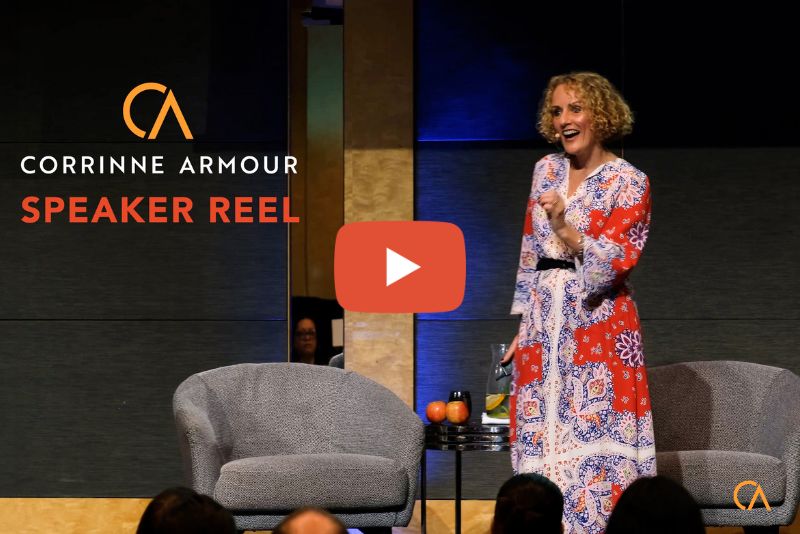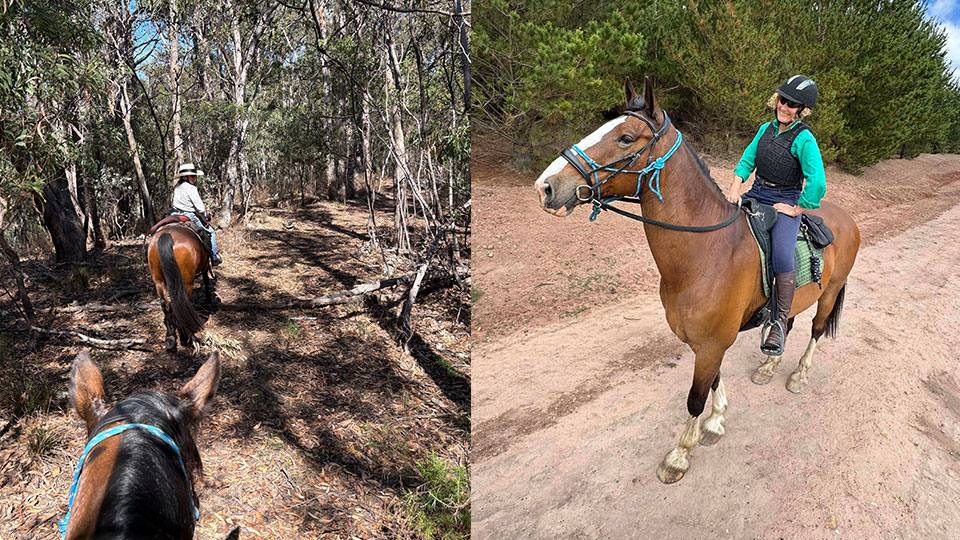
If you aren’t actively including, you are probably accidentally excluding! That confronting statement from Dr Heidi Grant1 at the 2017 NeuroLeadership Summit2 has taken up space in my mind.
The research – and probably your own experience – shows that diverse teams perform better, including stats like being 6 times more likely to be innovative, 3 times more likely to be high performing, and 8 times more likely to have overall better business outcomes.3
And…. The benefits of diversity don’t materialise if not everyone feels included and respected! It’s the discomfort and tension of diverse teams that leads to better results, and yet too much discomfort sends threat signals to the brain. There is a balance for leaders wanting to maximise the collective genius in their teams and organisations.
In my work with leadership teams, the lens of diversity is on ‘thinking diversity.’ This often stems from other types of diversity – gender, age, professional training, cultural background etc. Thinking diversity shows on spectrums like introversion/extraversion, rational/emotional, loose/structured, future/past focused.
The most effective leadership teams I have have worked with:
- Recognise the existence of thinking diversity (difference = difference rather than difference = wrong) and
- Respect and include different thinking styles
Inclusion isn’t just a nice to have. The research presented by Dr Grant outlined six known effects of exclusion:
- Reduced intelligent thought
- People indulging self-defeating behaviour
- Less helpful behaviour
- Impaired self regulation
- Reduced sense of meaning and purpose
- Decreased well-being, both physically and mentally.
Surprising? No, not really when you consider that social pain (eg exclusion) is just as real to the brain as physical pain. In the last three months I can recall examples of each one of these effects playing out in leadership teams I have worked with. Is this happening in your leadership team?
How well are you leveraging the thinking diversity in your team?
How could you actively include someone today, to increase their sense of connection and expand the effectiveness of your team?
Go fearlessly
1 Dr. Heidi Grant is a social psychologist who researches, writes, and speaks about the science of motivation. Associate Director, Motivation Science Center at the Columbia University, Senior Scientist for the Neuroleadership Institute, and best-selling author.
2 The NeuroLeadership Summit is an annual event in New York that brings together leading Neuroscientists and practitioners. See https://neuroleadership.com/
3 Diversity and Inclusion Report 2017, Bersin by Deloitte
STAY IN THE LOOP
Subscribe to our blog.
Exciting. Intimidating. Challenging. Encouraging. Discouraging. These are some of the emotions we face when we commit to mastering something new. The first time I gave a ‘speech’ was in my postgraduate year, presenting my research findings to fellow students and examiners. I was so nervous I felt sick. Afterwards, I felt proud of what I





